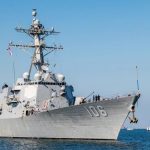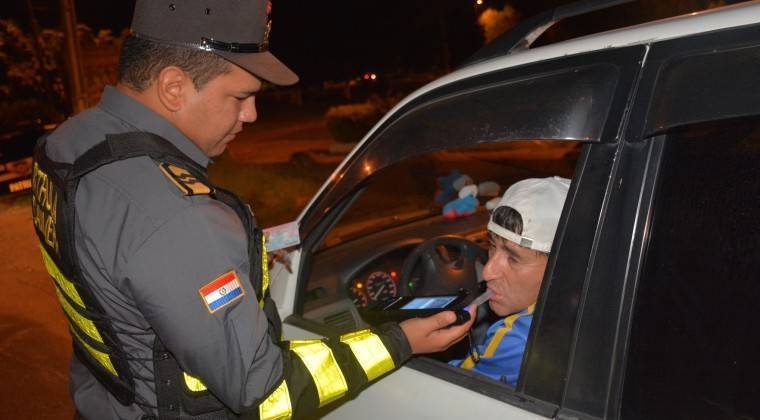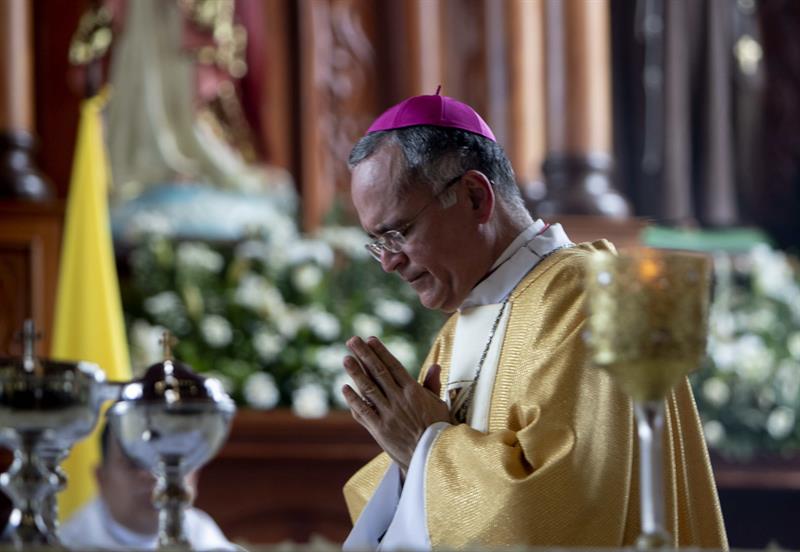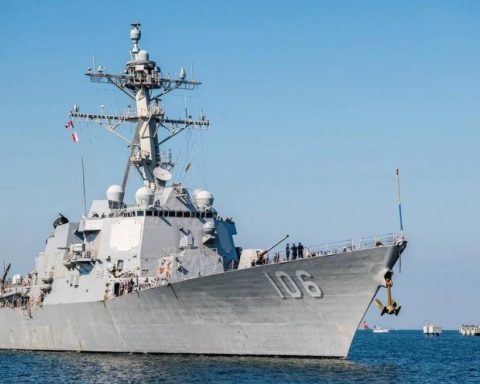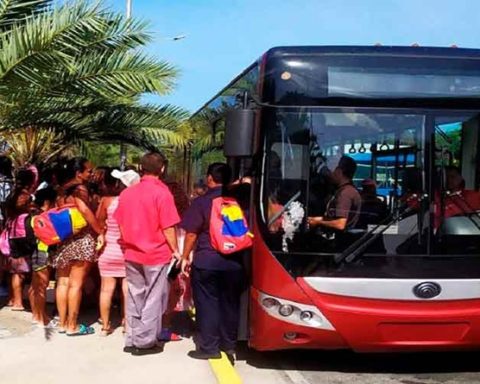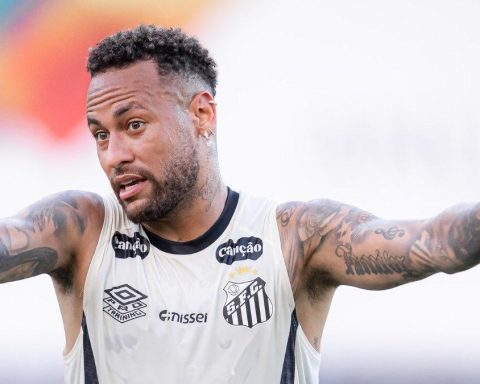Russia assured this Sunday that it wants to have relations based on “mutual respect” with the United States and denied that it is threatening Ukraine, despite having concentrated troops on the border, and pointed out that it needs concrete guarantees for its security.
Although tensions have been at a height for months between Moscow and Western countries over Ukraine, Russian authorities stressed on Sunday that they intend to follow the diplomatic path.
“We want good, equitable, mutually respectful relations with the United States, as with all countries in the world,” Russian Foreign Minister Sergei Lavrov told Russia’s Channel 1.
However, he insisted that Moscow does not want to be in a position where its security “is infringed on a daily basis”, as it would be if Ukraine were to join NATO, an eventuality Russia sees as an existential threat.
According to Lavrov, Moscow will continue to seek “guarantees, which are not political commitments on paper, but also legally binding guarantees” that take into account the “legitimate interests” of Russia.
In addition, he specified that the Russian government will soon send NATO and the Organization for Security and Cooperation in Europe (OSCE) countries “an official request that urges them to specify how they plan to implement their commitment not to reinforce their safety to the detriment of the safety of others”.
Previously, Lavrov had already insisted that Russia does not want “war” and prefers to opt for the “diplomatic path”.
In any case, Russia warned that its requests are not heeded, it would order retaliation, but did not specify what kind.
– Russia “does not want a war” –
Russia has been accused, since the end of 2021, of having concentrated close to 100,000 soldiers on the Ukrainian border, with the aim of attacking the neighboring country. Moscow denies having any bellicose intention but demands written guarantees to safeguard its security, such as that the Atlantic Alliance does not admit new members, especially Ukraine.
A key demand that the United States rejected this week in writing, although it left the door open for negotiations, and the Kremlin has indicated that it wants to give itself time to analyze the situation.
On Sunday, the head of the Russian Security Council, Nikolai Patrushev, assured once again that Russia “does not want a war” with Ukraine, and accused Westerners of exacerbating tensions for “their own selfish purposes.”
Several Western countries have announced in recent days the sending of soldiers to Eastern Europe, including the United States (which has already put 8,500 soldiers on alert to reinforce NATO) and France, which wants to deploy “several hundred” soldiers in Romania.
British Prime Minister Boris Johnson will propose next week that NATO deploy troops to respond to increased “Russian hostility” towards Ukraine.
However, Ukrainian authorities called on Westerners on Saturday to remain “steadfast and vigilant” in negotiations with Russia but not to spread “panic.”
Both the Europeans and the Americans have promised unprecedented sanctions if Russia attacks Ukraine.
The United Kingdom, which in the last 48 hours has made several statements to increase pressure on Russia, said on Sunday that it plans to impose sanctions that affect “any company of interest to the Kremlin and the Russian regime.”
On the table would also be the strategic Nord Stream 2 gas pipeline, which connects Russia with Germany, or the access of the Russians to transactions in dollars.
Likewise, the United States asked the UN Security Council to convene a meeting on Monday due to the “clear threat” that, according to Washington, Russia represents for “international peace and security.”

